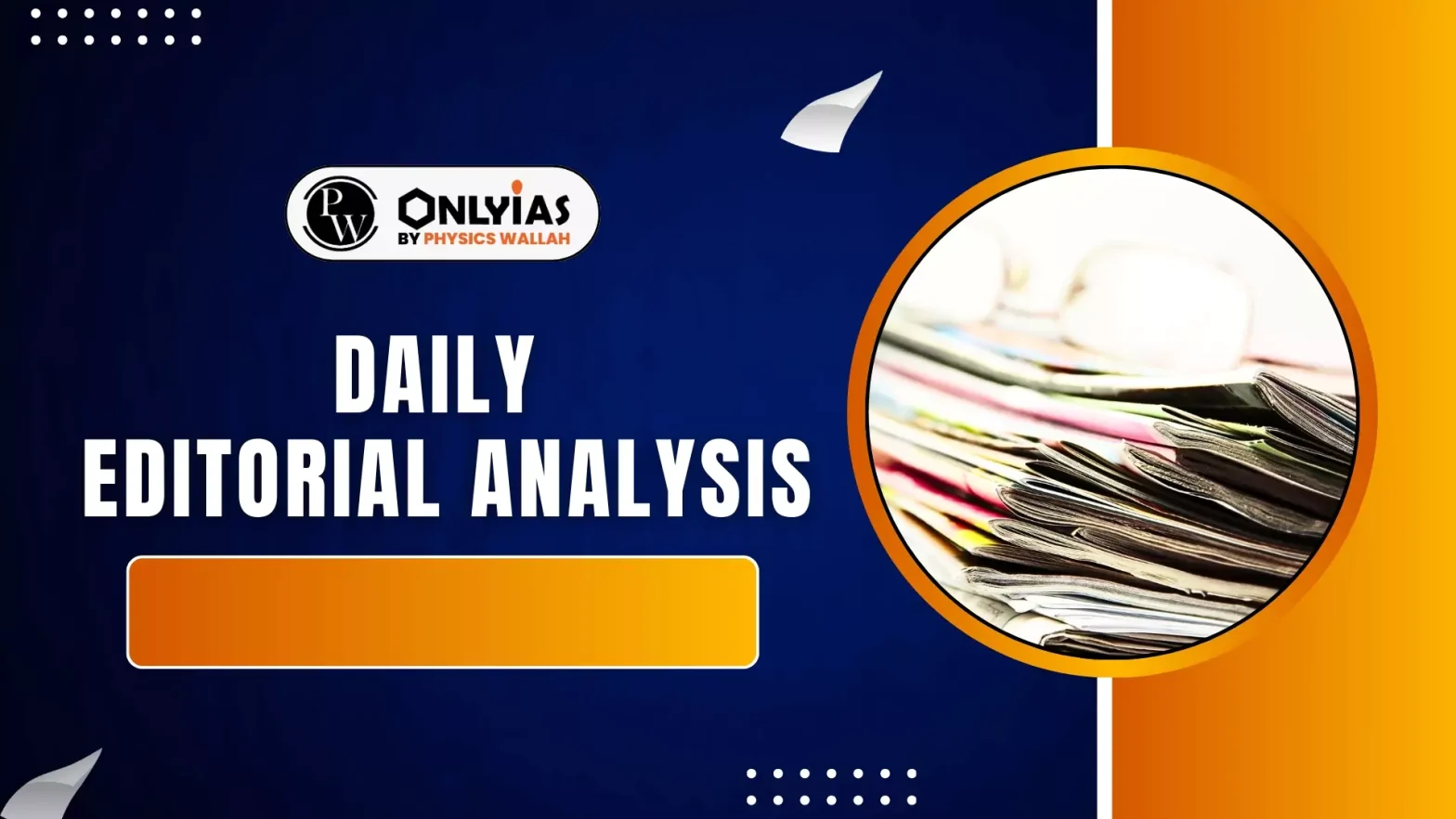Though India’s laws recognise animals as sentient beings, weak enforcement keeps them treated as property. To realise Viksit Bharat 2047, governance must embed compassion and animal welfare as core pillars of ethical state policy.
Integrating Animal Welfare- An Ethical and Governance Imperative:
- Constitutional Morality and Ethics: Integrating animal welfare aligns with the moral imagination of the Constitution, which emphasises compassion, justice, and duty towards all living beings.
- Public Health and One Health Approach: Humane treatment of animals supports the One Health framework, linking animal welfare to human and environmental health outcomes.
- Economic and Supply Chain Benefits: Ethical standards in livestock, dairy, and poultry industries improve export credibility, reduce disease risks, and ensure sustainable growth.
- Administrative Clarity: A clear policy lens on animals reduces bureaucratic ambiguity and promotes accountable, coordinated governance.
- Civilisational Values: India’s heritage has always emphasised non-violence (ahimsa) and compassion — integrating animal welfare fulfils this legacy in modern governance.
Systemic Gaps in Animal Welfare Governance
- Fragmented Policy Implementation: Absence of a cross-government policy leads to ad hoc municipal actions, inconsistent sterilisation, and uncoordinated disaster response.
- Legal–Administrative Disconnect: While laws uphold dignity for animals, policies still classify them as movable property, limiting practical enforcement.
- Lack of Standards and Enforcement: Several species such as pigs lack notified welfare standards, and existing codes in poultry and dairy sectors are poorly enforced.
- Limited Institutional Capacity: Municipalities, agricultural departments, and veterinary services often lack trained staff, funding, and monitoring mechanisms.
- Low Policy Priority: Humane governance is often dismissed as secondary to human development priorities, creating inertia in implementation.
- Data and Accountability Gaps: There is no unified monitoring system to measure animal welfare outcomes at district or state levels.
Way Forward
- Develop Species-Specific Standards: Notify minimum welfare standards for all farmed and working animals, making them eligibility criteria in government schemes, cooperatives, and credit lines.
- Institutionalise Humane Procurement: Amend General Financial Rules and model tender documents to include humane conditions in housing, transport, and slaughter procedures.
- Create a District Animal Welfare Scorecard: Track and publish performance indicators — sterilisation rates, facility compliance, fodder preparedness, and grievance redressal — to promote transparency.
- Invest in Humane Infrastructure: Use existing funding channels (e.g., Finance Commission grants, NRLM, and State Plans) to modernise shelters, veterinary clinics, and humane transport systems.
- Strengthen Education and Awareness: Introduce animal welfare modules in schools, NCC, and civil service training to cultivate compassion as a civic skill.
- Integrate Animal Lens in Governance: Mainstream humane standards in urban planning, agriculture, public procurement, and disaster management policies.
Conclusion
Humane policy is integral to development. Embedding animal welfare in governance upholds constitutional morality, strengthens public health, and ensures that Viksit Bharat 2047 reflects ethical progress alongside economic prosperity.
![]() 27 Oct 2025
27 Oct 2025


